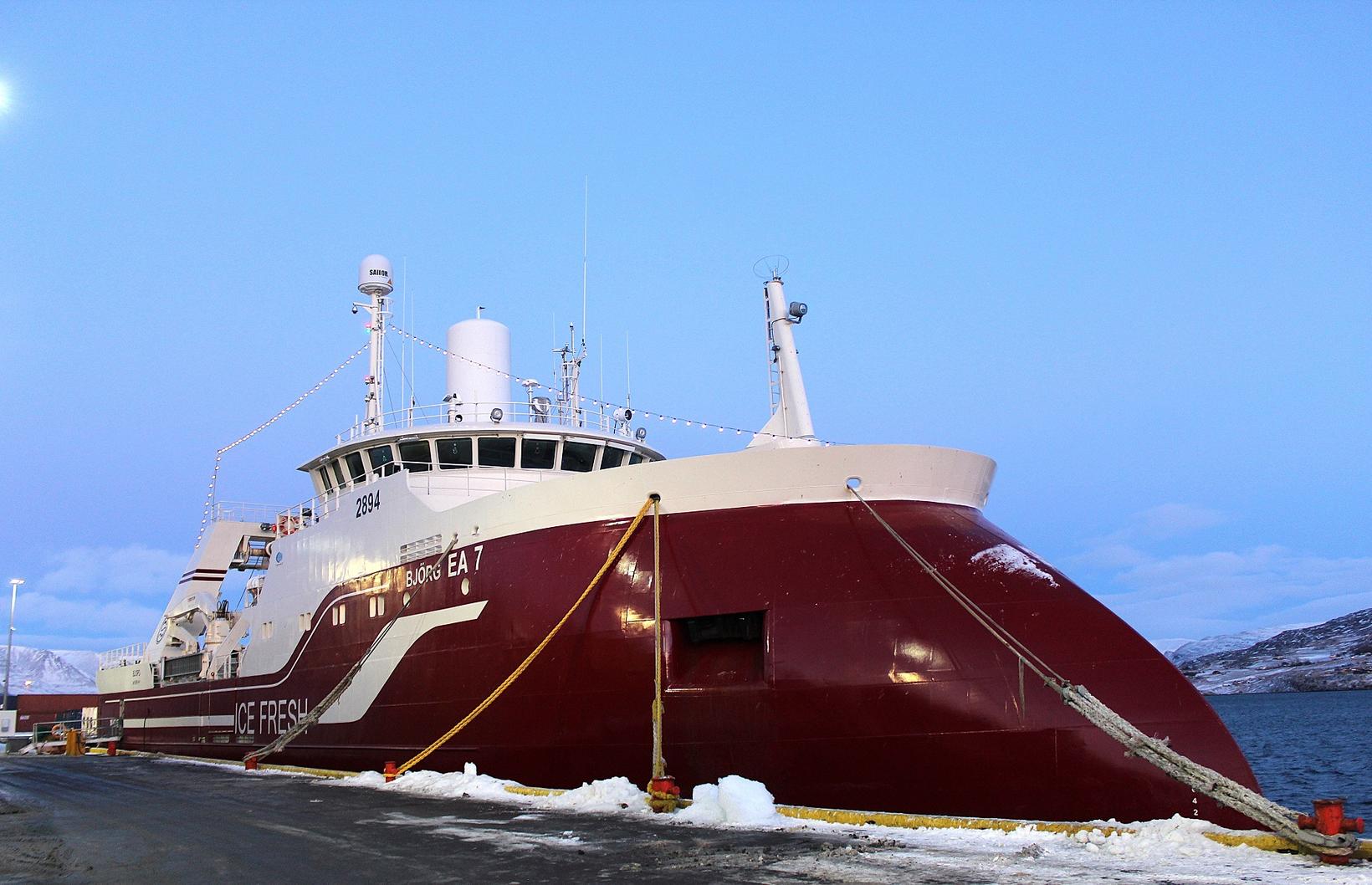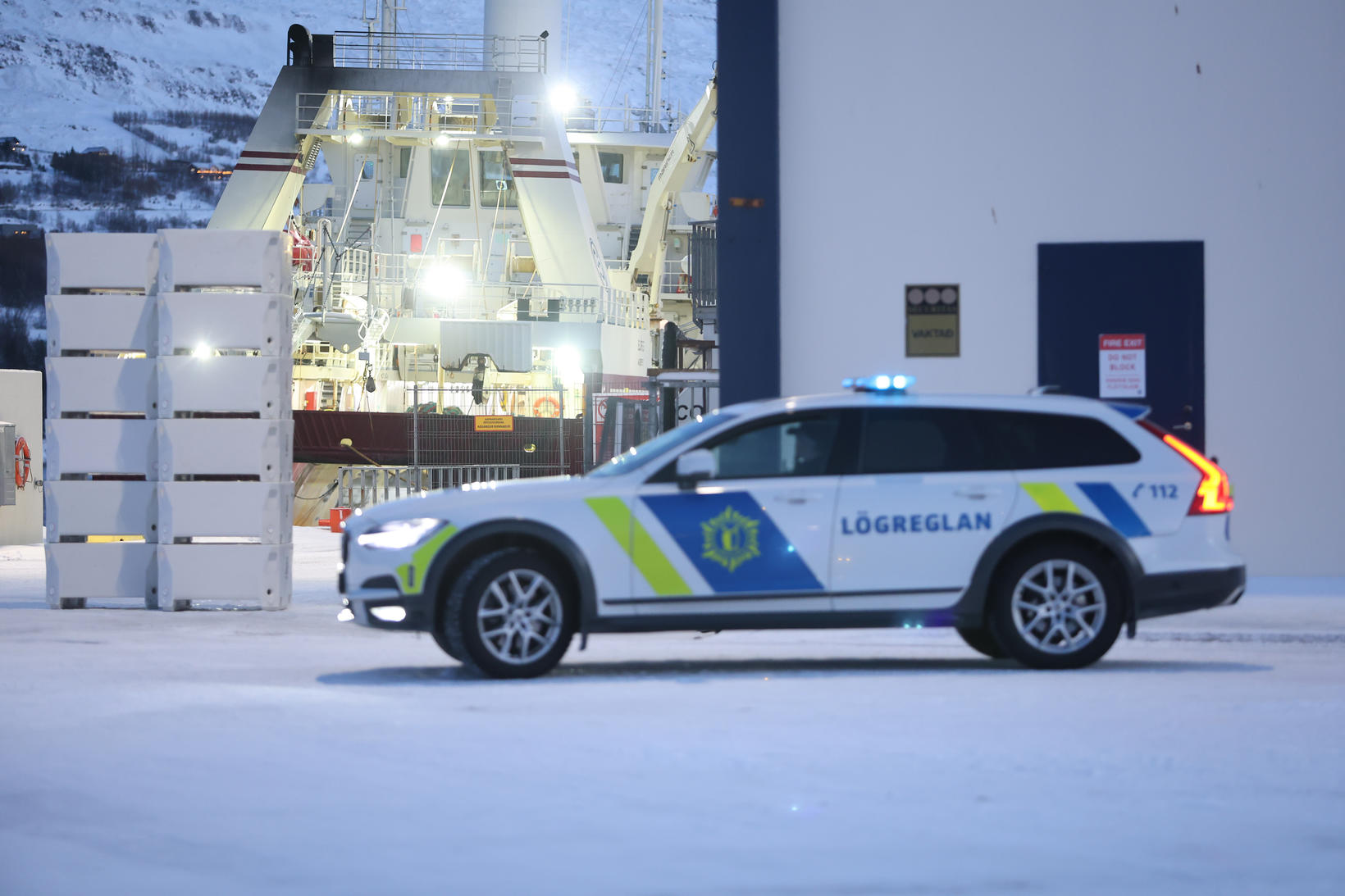Evacuated a fish processing plant due to torpedo bomb
The Akureyri Fishing Company's fish processing plant was evacuated shortly after noon today due to a torpedo bomb that entered the fishing gear of the trawler Björg EA. The bomb landed in the last part of the fishing trip. Björg EA arrived in Akureyri this morning, according to a post on the Samherji website.
It is reported that the bomb is in bad condition and the crew initially thought it was an old iron barrel. Upon closer inspection, however, the object turned out to be a torpedo bomb.
"Contact was made with the Coast Guard's bomb experts and they are expected north this afternoon. It was decided to evacuate the area to a radius of one hundred meters from the pier, so processing was stopped today to ensure maximum safety."
Special Operations Unit Heading North
The Coast Guard's Special Operations Unit is now heading north and its first task will be to investigate whether the object that the Björg EA brought to port this morning is a torpedo bomb. If that is the case, the next step will be to destroy it.
This is what Ásgeir Erlendsson, the Coast Guard's information officer, said in an interview with 200 miles.
A torpedo bomb is a bomb that is placed in the sea and is intended to sink submarines or ships. A large number of such bombs were placed in the sea around Iceland and elsewhere in Europe during World War II, and these bombs are still a nuisance to seafarers, even though almost eight decades have passed since the end of the war.
Usually detonated at sea
"The Coast Guard control center was contacted because an Icelandic fishing vessel that arrived in Akureyri earlier today had received what the special operations team believes is a depth charge (torpedo bomb). The special operations team is on its way north and if it turns out to be a depth charge as is believed, the next task of the special operations team is to detonate it," Erlendsson says.
He explains that usually when such bombs are found in fishing gear, they are taken out to sea where they are detonated.
"Then we try to find a suitable place with sufficient depth and then detonate the bomb."
Erlendsson reminds us that the object still needs to be examined to determine what kind of object it is. Once the analysis is complete, the special operations team, in consultation with the police, will assess the next steps. The case is in the custody of the police since the object has come ashore.









